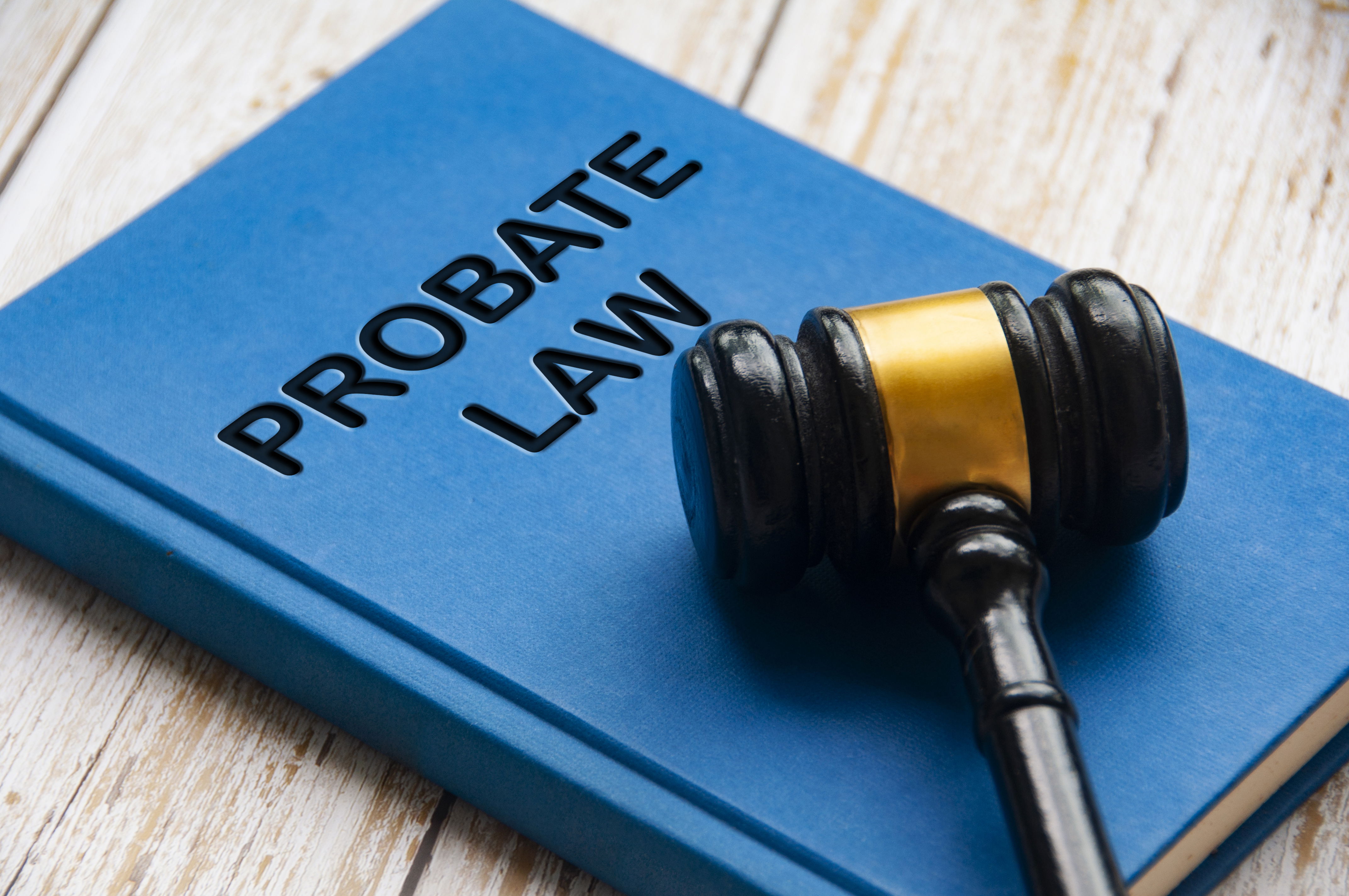The Role of an Executor
What is an executor?
An executor is someone appointed in a will to distribute the estate of the testator in accordance with the wishes set out in the Will. Quite often, this will mean drawing in assets and paying any debts and liabilities owed before being able to make any of the gifts set out in the Will.
Is there a limit on how many executors can be appointed?
There is no limit on how many executors can be appointed. Still, it is important to add that the executors are required to act jointly, meaning any decisions must be unanimous. Therefore, when appointing a significant number of executors, it is best to exercise common sense and perhaps appoint some chosen executors as substitute executors who can step in if other executors are unwilling to or cannot take on the role. Despite no limit on how many executors can be appointed, only a maximum of four executors can act with respect to the same part of the estate. It is possible to appoint business executors to deal with any business assets in the estate.

What age must an executor be?
The only requirements are that an executor be at least 18 years old, of sound mind, not bankrupt, and have no criminal convictions.
Choosing an executor
It is important to take care when choosing executors. Consideration should be made as to whether they are able to take on the role. We have received enquiries from parents who want to appoint their currently 18-year-old daughter to be the executor of their estate. If the parent sadly died soon after, the question is, would her daughter be able to carry out the role given the great deal of responsibility this involves? The executors must be able to work well together where multiple executors are appointed due to the requirement to make unanimous decisions. Suppose someone knowingly appoints two executors who do not see eye to eye. In that case, the reality is that distributing the estate and making any decision regarding this could become very difficult. The chosen executors must be trustworthy and not reside in another country for practical reasons. The age of the executor should be considered, i.e. if they are elderly when appointed in the will, they may not be able to act when required. Executors can be trusted friends or family members. Others may prefer to appoint a professional executor, i.e. accountants or a trust corporation, if the estate is particularly complex. Alternatively, the executor can seek advice from a professional as and when required.

Can an executor charge for their services?
A trust corporation or a professional executor may charge a reasonable fee for their services. Lay executors who are not a trust corporation or professional executors may only charge if the will contains a paragraph expressly authorising the payment. They can, however, claim out-of-pocket expenses.
What are the duties of an executor?
The duties and responsibilities of an executor include but are not limited to:-
1) Locating the Will
The first responsibility of an Executor is to locate the deceased’s will. Executors must ensure they have the most recent version of the will. If the will is not immediately available, Executors may need to search through the deceased’s papers or contact the deceased’s will writer, bank or other bodies to locate it. This includes finding any Letters Of Wishes
2) Arranging the funeral
Ensuring that Letters Of Wishes and the Will are considered.
3) Applying for a grant of probate
Once the will is located, Executors must apply for a grant of probate, which will give them the authority to manage the deceased’s estate. The application involves submitting the will and a death certificate to the Probate Registry. It may be possible in some circumstances for the Executors to manage some or all of the deceased’s estate without a grant of probate, for example, if the only assets are small cash sums and the banks are willing to release funds without a grant of probate.
4) Identifying and locating the assets and liabilities of the estate
Executors are responsible for valuing the deceased’s estate. This includes identifying and valuing all assets, such as property, bank accounts, investments, and personal belongings. They must also identify debts or liabilities, including mortgages, loans, and outstanding bills.
5) Advertising for claims and ensuring all claims and debts are received, assessed and paid
6) Dealing with tax returns and paying any inheritance tax due
7) Determining the beneficiaries
Distributing the estate in accordance with the terms of the will and transferring assets to trustees if necessary
8) Distributing the Estate
After settling debts and taxes, Executors distribute the remaining estate according to the will’s instructions. This involves transferring assets to the beneficiaries named in the will. Executors must ensure that the distribution is fair and in accordance with the deceased’s wishes. They may need to sell assets to provide cash to beneficiaries or transfer ownership of property and investments. Executors should obtain receipts from beneficiaries acknowledging receipt of their inheritance.
9) Defending the estate against litigation and disputes should any arise
Executors may need to handle disputes among beneficiaries or challenges to the will. This can involve mediating disagreements or seeking legal advice to resolve issues. Executors must act in the best interests of the estate.
10) Keeping Records
Executors must keep detailed records of all transactions related to the estate. This includes records of assets, debts, payments, and distributions. These records are essential for transparency and for resolving any disputes that may arise.
11) Communicating with Beneficiaries
Effective communication with beneficiaries is a key responsibility of Executors. They must keep beneficiaries informed about the progress of the estate administration and any issues that arise. Clear communication helps manage expectations and reduces the likelihood of disputes.
12) Closing The estate
Executors must formally close the estate once all assets are distributed and liabilities settled. This involves preparing a final account of the estate administration and ensuring that all legal and financial obligations are fulfilled.

What if there are no Executors?
If a Will doesn’t appoint an executor, the executors cannot be found, are deceased or do not wish to act, a beneficiary can apply to act as the executor to administer the estate. There are several important considerations if you are appointed as an Executor. The size of the estate is one. If the estate is sizable and over the Nil Rate Band (NRB) threshold of £325,000, the individual will likely have to pay inheritance tax (IHT). If a spouse predeceased the testator, then it might be possible to transfer the unused Nil Rate Band of up to £325,000 (£325k + £325k = £650k). Since April 2017, the main properties passed on to direct descendants will also qualify for an additional nil-rate band known as the Resident Nil Rate Band. Therefore, when drawing in assets and working out the estate's overall value, an executor should be mindful of what IHT will be payable on anything above the NRB.
What is Probate?
Probate is the application for the right to deal with the deceased person’s estate—in short, the application for the grant of probate. This will not usually occur on small or simple estates (less than £5,000 or if everything is jointly owned).

Winding up an estate
It is a common misconception that once someone dies, their estate automatically passes from the deceased to the beneficiaries. However, probate can sometimes become contentious where there are challenges to the Will on the grounds of capacity, undue influence or fraud. There may also be instances where someone may bring a claim against the estate under the Inheritance (Provision for Family and Dependants) Act 1975 on the grounds they have not received reasonable financial provision. Therefore, it can sometimes take over a year or even longer to wind up the estate of a deceased person and for the estate to be distributed. Choosing your executors is an important decision that Fern Wills & LPAs is able to support you with.
If you have not yet made a Will or think it’s time to update an existing one, contact us for a no-obligation conversation.


